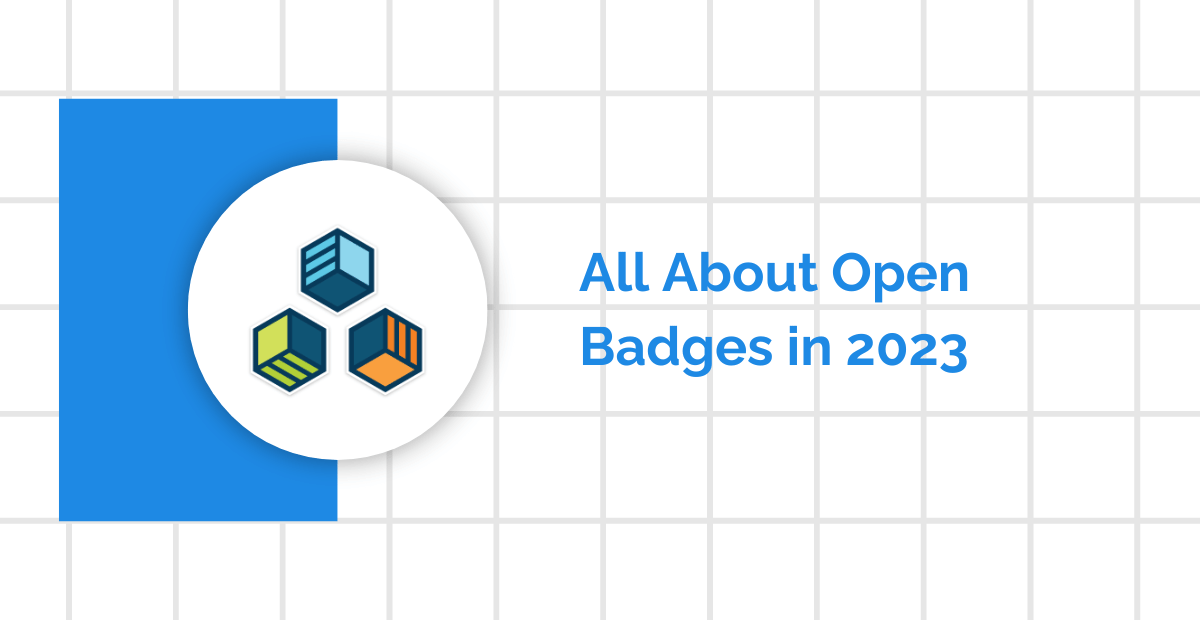All About Open Badges in 2023
Open Badges have revolutionized the digital credential landscape, becoming the most widely adopted form of digital badge globally. These badges are not only downloadable and shareable but also highly verifiable, providing robust metadata that authenticates the badge’s content. This transformative concept was first introduced in the essential white paper titled “Open Badges for Lifelong Learning.” Authored by Erin Knight and collaborators from Peer2Peer University and the MacArthur Foundation, this groundbreaking paper outlined the objectives and capabilities of the Open Badges movement.
-
Year Founded and Key People
The inception of Open Badges can be traced back to the concept of “Learning, Freedom, and the Web,” which took center stage at the Mozilla Drumbeat event in 2010. Erin Knight and her team played a pivotal role in shaping the Open Badges initiative. Their vision was to create a digital credentialing system that would empower individuals to showcase their competencies and achievements. -
First Adopters
Early adopters embraced the Open Badges system with enthusiasm. The education and professional development sectors were among the first to recognize the potential of Open Badges. These badges offered a novel way to represent skills and accomplishments in a digital format, making them accessible and shareable across various platforms.
Significance of Open Badges
Open Badges have significantly impacted the way we perceive and engage with credentials. They empower earners to demonstrate their competency in specific skills and abilities. Earners can conveniently claim and store their digital badges in an open badge digital backpack, enabling them to showcase their achievements across digital platforms. This transformation has led to a shift in how learning is approached and recognized.
Transformation to Verifiable Credentials
One of the most noteworthy developments in the Open Badges journey is the transformation to verifiable credentials. These credentials take the concept of Open Badges to the next level by enhancing their trustworthiness and validity. Verifiable credentials are backed by secure blockchain technology, ensuring the integrity of the badge data. This evolution has made Open Badges even more valuable in today’s credentialing landscape.
Open Badges and Gamification
Open Badges also play a crucial role in gamification strategies. They incorporate game dynamics that provide a sense of achievement, competitiveness, and progress to participants. Learning platforms that support Open Badges can reward learners with badges once they have mastered a particular topic or skill. These badges serve as moral incentives, enhancing engagement and motivation among learners.
Integration with Learning Management Systems
Companies with their own learning management systems (LMS) can harness the power of Open Badges to provide game-based development and education. For instance, employees can be evaluated through quizzes after completing LMS courses, and badges can be awarded based on their performance. This gamified approach not only enhances the learning experience but also encourages continuous skill development.
Empowering Professionals and Learners
Open Badges have proven to be a powerful tool for motivating both professionals and young learners. They offer a gamified way to recognize and validate learners’ progress in real-time while maintaining the credibility and professionalism of digital badges. As individuals receive badges for their accomplishments, they become increasingly committed to their career advancement goals.

 Author :
Author : 







